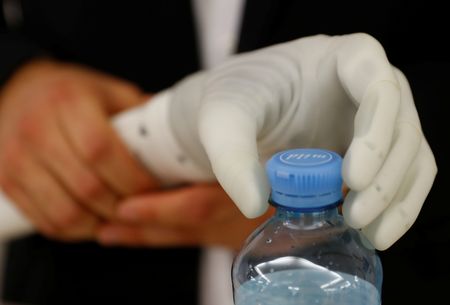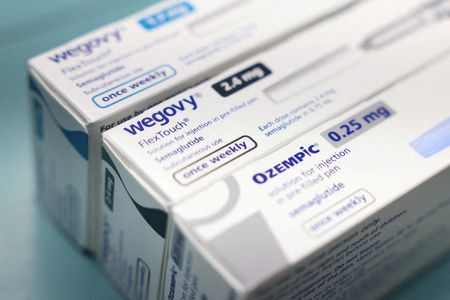By Kirstin Ridley and Phoebe Seers
LONDON (Reuters) -Britain’s motor finance industry is on the hook for 8.2 billion to 9.7 billion pounds ($11 billion-$13 billion) to compensate consumers for unfair car loans, the regulator said on Tuesday, in plans that point to a lower bill than the sector had feared.
The new estimates, outlined by the Financial Conduct Authority in a six-week consultation released after the market close, further cut forecasts of the hit to banks such as Lloyds Banking Group, Close Brothers and Barclays.
“Many motor finance lenders did not comply with the law or the rules,” said FCA Chief Executive Nikhil Rathi. “Now we have legal clarity (after court rulings), it’s time their customers get fair compensation.”
LOWER THAN PREVIOUS COMPENSATION ESTIMATES
The estimates are based on either 85% or a “very unlikely” 100% of eligible consumers, who signed 14.2 million unfair motor loans between 2007 and 2024 – 44% of all agreements made in the period – taking part in the planned redress scheme.
The FCA said consumers in Britain who fell victim to motor finance mis-selling could be eligible for around 700 pounds in compensation on average. Payouts could start next year.
But at an evening news conference, Rathi stressed the numbers were estimates and susceptible to change.
Many of the car loans, which were packaged up by car dealers, stem from discretionary commission agreements (DCAs), in which lenders allowed car dealerships to earn higher fees by ramping up the interest rates consumers paid on the loans.
The FCA banned DCAs in 2021.
But consumers will also be eligible for compensation if there was a very high commission arrangement or there was an exclusive, contractual arrangement between the lender and the car dealer.
The regulator had previously estimated that a compensation scheme would cost between 9 billion and 18 billion pounds and that most individuals could receive less than 950 pounds in compensation.
That estimated bill had already calmed the industry’s worst fears that the costs of the saga could rival that of Britain’s payment protection insurance mis-selling scandal, which cost lenders more than 40 billion pounds between 2011 and 2019.
Even with the lowered total bill, the scandal will still be one of the costliest for British banks.
Lenders, which also include the UK arms of Santander and Bank of Ireland and the lending arms of big automakers, have set aside more than 2 billion pounds between them to cover potential compensation claims.
($1 = 0.7440 pounds)
(Reporting by Kirstin Ridley and Phoebe Seers. Editing by Tommy Reggiori Wilkes and Mark Potter)










